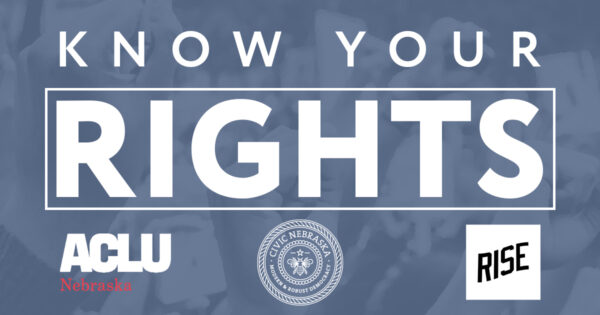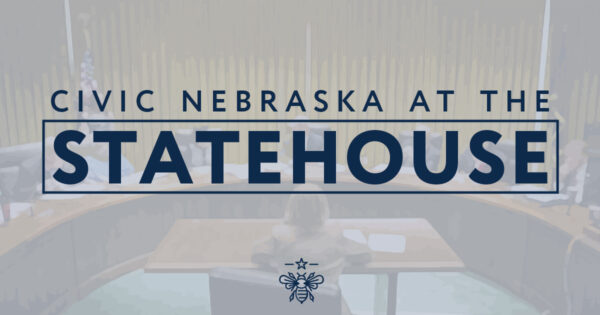In case you haven’t noticed from the constant barrage of polls, campaign stunts, and noise about the “state of the race,” it’s an election year in the United States. It’s a great time for that subset of Americans who consume politics like sports; in this funhouse mirror version of the world, off-the-charts conjecture and unmitigated hype in the early months of the year are like the buildup to the Super Bowl.
 Even if you’re not a political junkie, it’s easy to get swept up in performative politics. That’s because it’s everywhere. With notable exceptions, mainstream U.S. media tend to frame campaigns as a horse race. News organizations zero in on every twist and turn, and, in their weaker moments, focus too heavily on the trivial parts of campaigns. This approach is good for ratings and clicks, of course – but it comes at a cost. Too often, not-insignificant segments of the American electorate head to the polls in the mindset that they are merely judging a popularity contest.
Even if you’re not a political junkie, it’s easy to get swept up in performative politics. That’s because it’s everywhere. With notable exceptions, mainstream U.S. media tend to frame campaigns as a horse race. News organizations zero in on every twist and turn, and, in their weaker moments, focus too heavily on the trivial parts of campaigns. This approach is good for ratings and clicks, of course – but it comes at a cost. Too often, not-insignificant segments of the American electorate head to the polls in the mindset that they are merely judging a popularity contest.
This systemic issue needs addressing. Writing in Poynter.org, Jennifer Brandel poses a not-so-radical question: What if elections mirrored the familiar process of hiring or being hired for a job?
Say, that makes a lot of sense! To paraphrase the author, the electorate’s function is to be the hiring committee for our public servants. Yet, this critical role is often overlooked by the media in the electoral process. In a “standard” hiring process, key elements include understanding the job, defining roles and responsibilities, and identifying necessary qualities and skills. Surprisingly, few newsroom voter guides provide this essential information, making it tougher for voters to make clear and informed decisions.
Brandel writes that to address the gap, newsrooms could adopt a “hiring committee” model. The committees would feature community members working together to develop “job” descriptions, evaluate candidates, and issue recommendations. This would result in a more comprehensive understanding of candidates while promoting transparency and inclusivity in the electoral process.
Brandel’s “hiring committee” approach to elections coverage would involve several citizen-driven steps, Brandel writes. They include:
›› Gather “job” openings and outline “job” descriptions (kind of like Civic Nebraska’s DECODING THE BALLOT feature);
›› Form community hiring committees representing diverse demographics;
›› Facilitate committee meetings to develop job descriptions and evaluate candidates;
›› Use journalists as fact-finding support for the committees; and
›› Publish committee recommendations and voter guides based on their deliberations.
Brandel writes that the approach can potentially bend political coverage and voter engagement away from the trivial and back toward the substantive. That way, voters are empowered instead of being counted on for their “intensity” – and ultimately, we can move toward a more representative democracy.
It’s not a perfect, one-size-fits-all solution. But the benefits are clear. Voters will be better informed. Candidates will be more accountable to their potential constituents. And our elected leaders will better reflect our society. There’s still time for mainstream media to embrace a new approach to political coverage that prioritizes the electorate’s interests and upholds our nation’s small-d democratic traditions and principles – but they have to have the will to change.
What do you think? Is this a reasonable and realistic way forward for our nation’s newsrooms?




